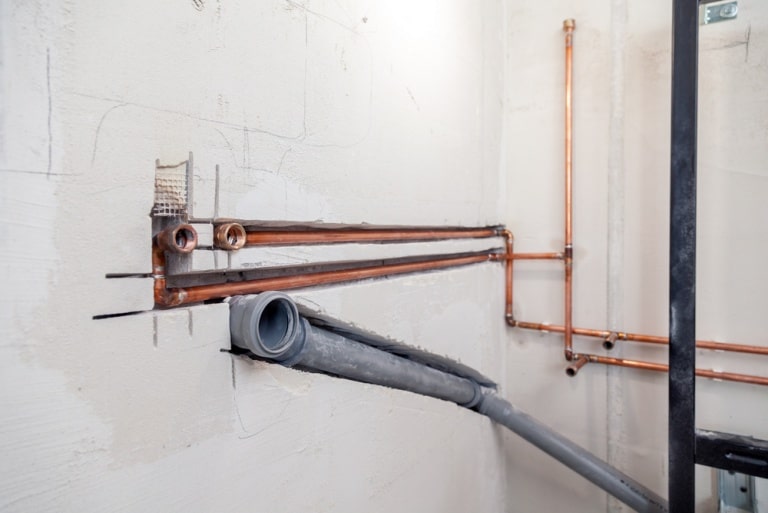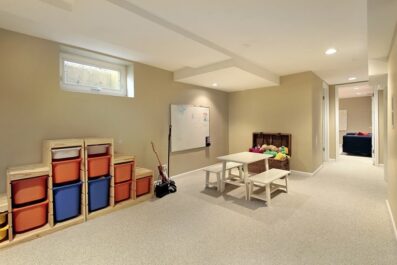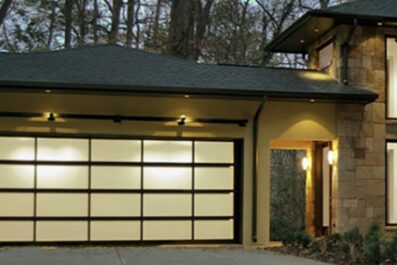Plumbing Lifespan Unveiled: How Long Do Pipes and Materials Last

Plumbing is crucial for clean water and efficient waste removal, disrupting daily routines and making life less convenient. Over time, pipes may need replacement due to corrosion, leaks, or damage. Understanding the lifespan of different plumbing materials, such as galvanized steel, copper, and PVC, can help prevent major issues and costly repairs.
If your plumbing system requires repiping, a plumbing repiping service can efficiently replace worn-out pipes, ensuring your home’s plumbing remains reliable and efficient. Plumbing is crucial for clean water and efficient waste removal, disrupting daily routines and making life less convenient.
Over time, pipes may need replacement due to corrosion, leaks, or damage. Understanding the lifespan of different plumbing materials, such as galvanized steel, copper, and PVC, can help prevent major issues and costly repairs.
Common Plumbing Materials and Their Lifespans
Copper, PEX, PVC, and galvanized steel are all typical plumbing materials, each having unique lifespans and applications. Copper pipes, famous for their long lifespan and ability to resist rusting, can endure for over 50 years.
PEX, a convenient plastic material that is simple to install, is becoming more popular in residential plumbing and is expected to last 40-50 years. In ideal circumstances, PVC pipes, frequently utilized in drain lines and vent stacks, can withstand rust and chemicals, with a lifespan of up to 50 years.
Galvanized steel pipes, commonly found in older houses, have a 20-50-year lifespan because they are vulnerable to rust and corrosion with age. Knowledge of the characteristics and durability of these materials is essential for making informed choices when installing or repairing plumbing systems.
Signs Your Plumbing Needs Replacement
It recognizes when your plumbing needs replacement to prevent costly and extensive damage. Key signs include persistent leaks and frequent clogs, indicating worn-out pipes that can no longer efficiently handle water flow. A sudden drop in water pressure or discolored water can signal corrosion or rust within the pipes.
Unpleasant odors from drains or unexplained damp spots on walls and ceilings further indicate hidden leaks. Additionally, if your home has old, outdated piping materials such as lead or polybutylene, it is advisable to replace them proactively to avoid health risks and potential system failures. Regular inspections and maintenance can help identify these issues early, ensuring a safe and efficient plumbing system.
Benefits of Upgrading Plumbing Systems
Investing in contemporary plumbing systems tackles present problems and provides numerous advantages in the long run. Switching to modern materials such as PEX or copper can improve the effectiveness and dependability of your house’s water distribution and waste disposal systems.
Modern pipes are built to endure more significant pressures, making them less likely to experience leaks and rust, which decreases the chances of water damage and saves on repair expenses. In addition, modern plumbing systems frequently include environmentally friendly advancements that save water, resulting in decreased utility expenses and a minor environmental impact.
Upgraded plumbing can enhance water quality, guaranteeing your family access to clean and safe water. Homeowners can experience a longer-lasting and environmentally friendly plumbing system by proactively addressing issues and choosing contemporary materials and techniques.
Conclusion
Knowing the life expectancy of your plumbing components and recognizing the indicators that suggest they require replacement can help prevent sudden plumbing emergencies. Knowing the materials used in your plumbing system is important because different types, like copper, PVC, and galvanized steel, have varying lifespans.
Consistent upkeep and timely substitution of old pipes help maintain the efficiency and reliability of your plumbing system. Leaks, water discoloration, and decreased water pressure indicate that your pipes may require maintenance.
Be vigilant for these indicators, and contact a specialist if you believe your pipes are approaching the end of their longevity. With the correct information and attentiveness, your home’s plumbing system can remain functional for years, saving you money on repairs and preserving your property’s worth.




